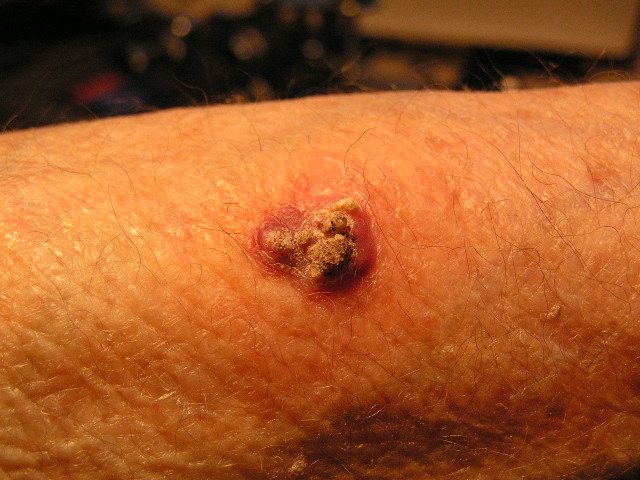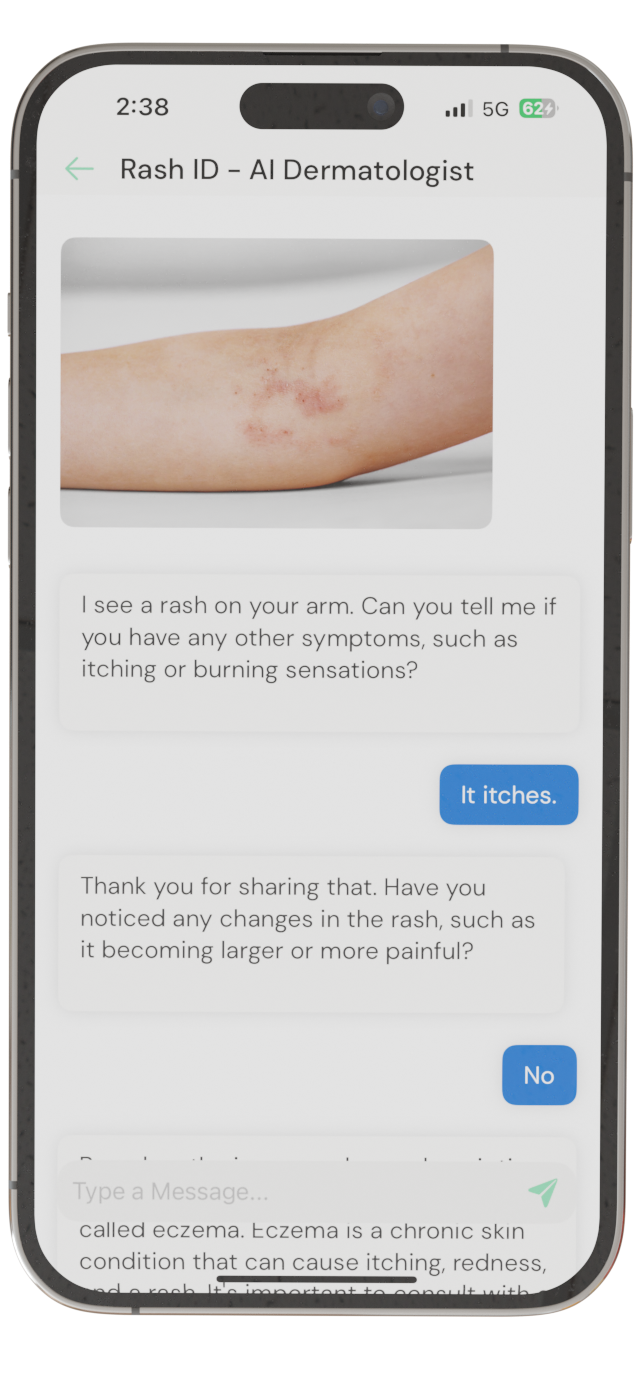
Understanding Squamous Cell Carcinoma (SCC)
Squamous Cell Carcinoma (SCC) is a common type of skin cancer that can also occur in various mucosal surfaces like the mouth, throat, or lungs. It characteristically originates from squamous cells, which are flat, thin cells found in the outer layer of the skin (epidermis) and other tissues.
Types of Squamous Cell Carcinoma
While it primarily affects the skin, SCC can manifest in several forms depending on the location. The different types include:
- Cutaneous Squamous Cell Carcinoma: This refers to SCC occurring on the skin, commonly linked to sun exposure.
- Oral Squamous Cell Carcinoma: Affects the tissues of the mouth and throat.
- Pulmonary Squamous Cell Carcinoma: Originates in the lung tissue.
- Genital Squamous Cell Carcinoma: Can involve the genitals or anus.
How to Recognize Squamous Cell Carcinoma: Common Symptoms and Visual Clues
Early detection is crucial for treatment success. Here are some symptoms and signs that could indicate the presence of SCC:
- A Persistent, Non-Healing Sore: Often described as a sore that doesn't heal and may crust, ooze, or bleed.
- A Wart-Like Growth: Can appear wart-like and rise above the skin surface.
- Scaly Red Patch: Often found on sun-exposed areas, resembling rough or crusted patches.
- Firm, Red Nodule: A distinct growth that can be tender to the touch.
- A New Growth or Lump: Appearing in previously unmarked area.
For images and further visual aids, consult resources like the Skin Cancer Foundation and AAD (American Academy of Dermatology).
Who Gets Squamous Cell Carcinoma?
Anyone can develop SCC, but certain factors increase the risk, including:
- Excessive Sun Exposure: Particularly without protective clothing or sunscreen.
- Use of Tanning Beds: Artificial UV radiation exposure hastens skin damage.
- Fair Skin: Light skin, hair, and eyes increase susceptibility.
- History of Skin Cancer: Previous skin cancer increases recurrence risk.
- Weakened Immune System: Conditions or medications that suppress the immune system raise cancer risk.
- Chronic Infections or Inflammations: Long-standing wounds or scars can develop SCC.
How Common is Squamous Cell Carcinoma?
SCC is the second most common form of skin cancer, after basal cell carcinoma. According to the American Cancer Society, more than 700,000 new cases are diagnosed each year in the United States alone.
Symptoms and Causes
What are the Signs of Squamous Cell Carcinoma?
Identify potential SCC by looking for changes in the skin, such as:
- Raw, inflamed patches or open sores that persist without healing.
- Rough, scaly patches that are itchy, tender, or bleeding.
- Raised growths or lumps with a central depression.
What Causes Squamous Cell Carcinoma?
SCC primarily results from DNA damage caused by ultraviolet (UV) radiation from sunlight or tanning beds. This damage triggers abnormal cell growth in the squamous cells.
Diagnosis and Tests
How is Squamous Cell Carcinoma Diagnosed?
SCC diagnosis involves:
- Physical Exam: Initial inspection by a healthcare provider.
- Biopsy: A sample of the affected skin area is taken and examined microscopically.
For diagnostic services, visit Mayo Clinic for information about SCC diagnostic processes.
Management and Treatment
How is Squamous Cell Carcinoma Treated?
Treatment varies based on the lesion's size, location, and stage, including:
- Excisional Surgery: Removes the cancerous tissue with a margin of healthy skin.
- Mohs Surgery: A precise technique to remove the cancer layer by layer.
- Cryotherapy or Laser Therapy: Freezing or burning off small, superficial lesions.
- Radiation Therapy: Used for large or difficult-to-treat tumors.
For comprehensive treatment plans, the NCCN Clinical Practice Guidelines in Oncology are a qualified reference. The guidelines provide treatment regimens and emerging therapies tailored to individual patient needs.
Medications
While surgical intervention is primary, topical medications may also be used:
- 5-Fluorouracil (Efudex®): Topical chemotherapy to treat superficial SCC. MedlinePlus offers drug information.
- Imiquimod (Aldara®): Stimulates an immune response against dysplastic tissues.
Living With Squamous Cell Carcinoma
Preventive Measures
Prevention focuses on reducing UV exposure:
- Apply a broad-spectrum sunscreen (SPF 30+) to exposed skin.
- Wear hats, sunglasses, and clothing that cover the skin.
- Avoid outdoor activities during peak sun intensity (10 a.m. to 4 p.m.).
- Refrain from using tanning beds.
Following Up
Regular skin check-ups are crucial post-treatment to monitor recurrence and manage new lesions effectively. Schedule annual dermatological exams, particularly if you have a history of SCC or other skin cancers.
For guidelines on skin safety, the CDC's Tips for Sun Safety are invaluable.
When to Consult a Doctor
Contact your healthcare provider if you notice any suspicious skin changes, persistent sores, or new growths. Quick attention can prevent progression and improve treatment outcomes.
Additional Questions
- Does SCC spread quickly? SCC can potentially metastasize, particularly larger lesions. Thus, early treatment is essential.
- Is SCC deadly? While generally less aggressive than melanoma, SCC can be lethal if it spreads to lymph nodes or other organs.
For further inquiries about living with or treating SCC, speaking to a dermatologist or oncology specialist is recommended. Accessing clinics through platforms like Zocdoc can connect you with professionals for timely interventions.

Identify Skin Conditions Instantly
Try Rash ID for Free